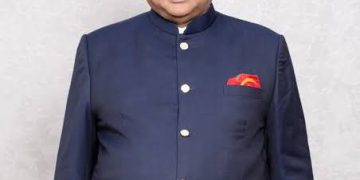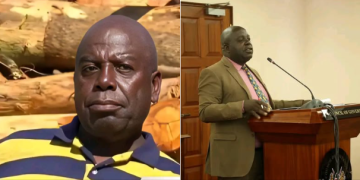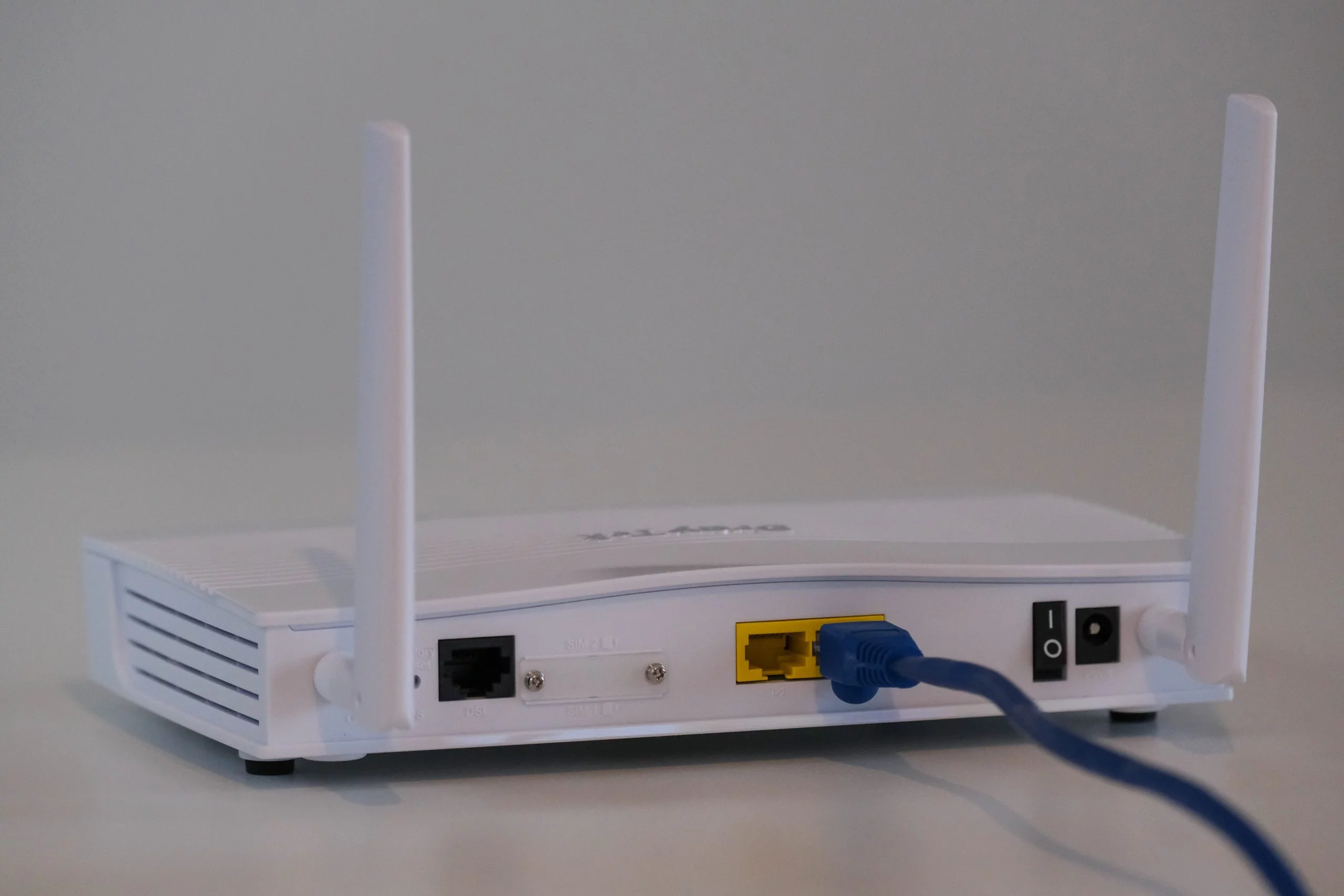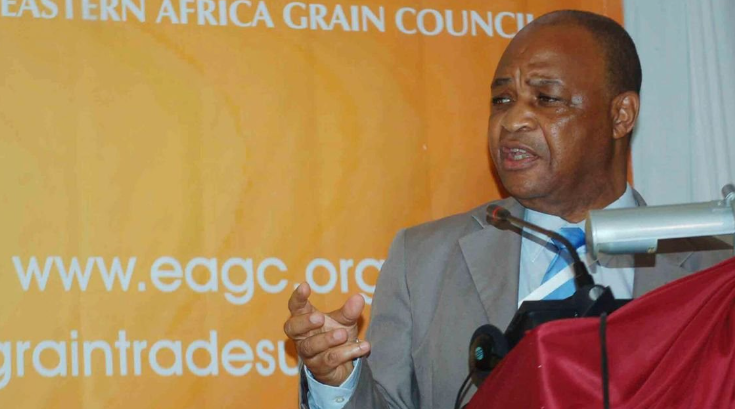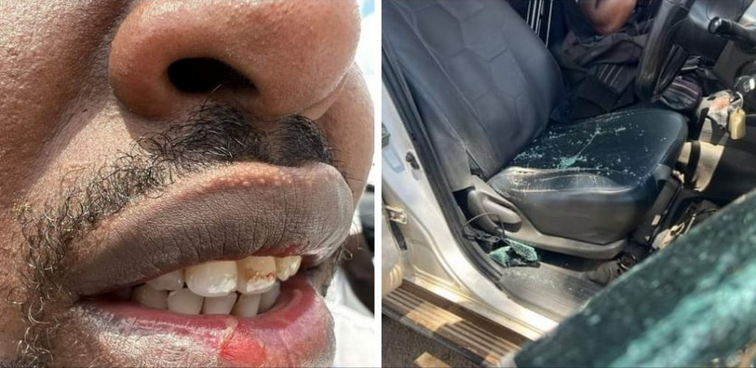President William Ruto’s government has sparked controversy yet again with the unveiling of new and increased taxes in the recently proposed legislation.
The Finance Bill of 2024, under the Kenya Kwanza administration, includes a series of tax measures that are expected to add to the financial burden of citizens.
This decision has been met with strong opposition, as politicians and human rights advocates have condemned it as ‘unethical and unjustifiable.’
“We are not surprised. This is a regime known for burdening Kenyans but we will not allow them,” National Assembly Minority Leader Opiyo Wandayi said.
In what signals a looming war, Wandayi, a close ally of Opposition Chief Raila Odinga and Azimio’s mouthpiece in Parliament, said the opposition is closely studying the new tax Bill.
“We shall be making public our considered position on the Finance Bill. But we are not now surprised with this regime,” he said.
In the Bill set to be introduced in Parliament on Monday, the government through the National Treasury has introduced a new Motor Vehicle Tax, with a rate of 2.5 per cent of the vehicle’s value.
The tax will see car owners pay between Sh5,000 and Sh100,000 depending on the value of the vehicle.
An insurer who fails to collect and remit the motor vehicle tax shall be liable to pay a penalty equivalent to 50 per cent of the uncollected tax and the actual amount of the uncollected tax.
The National Treasury has also introduced 16 per cent VAT on bread – an essential commodity for most Kenyans.
The new tax measures have also enhanced excise duty on essential transactions such as Mpesa, airtime and money transfers.
These are essential products and services for most ordinary Kenyans, otherwise known as hustlers, that the regime promised to protect.
The government seeks to net an extra Sh323 billion in the next financial year – and a total of Sh2.9 trillion in the fiscal year to finance its budget.
Busia Senator and public litigator Okiya Omtatah said Kenya Kwanza is immoral with its tax measures that target the most vulnerable in society.
“What we are seeing is an immorality. There is no way you can introduce a motor vehicle tax when we have so many taxes that vehicle owners pay. How many taxes are associated with fuel, for example?” he asked.
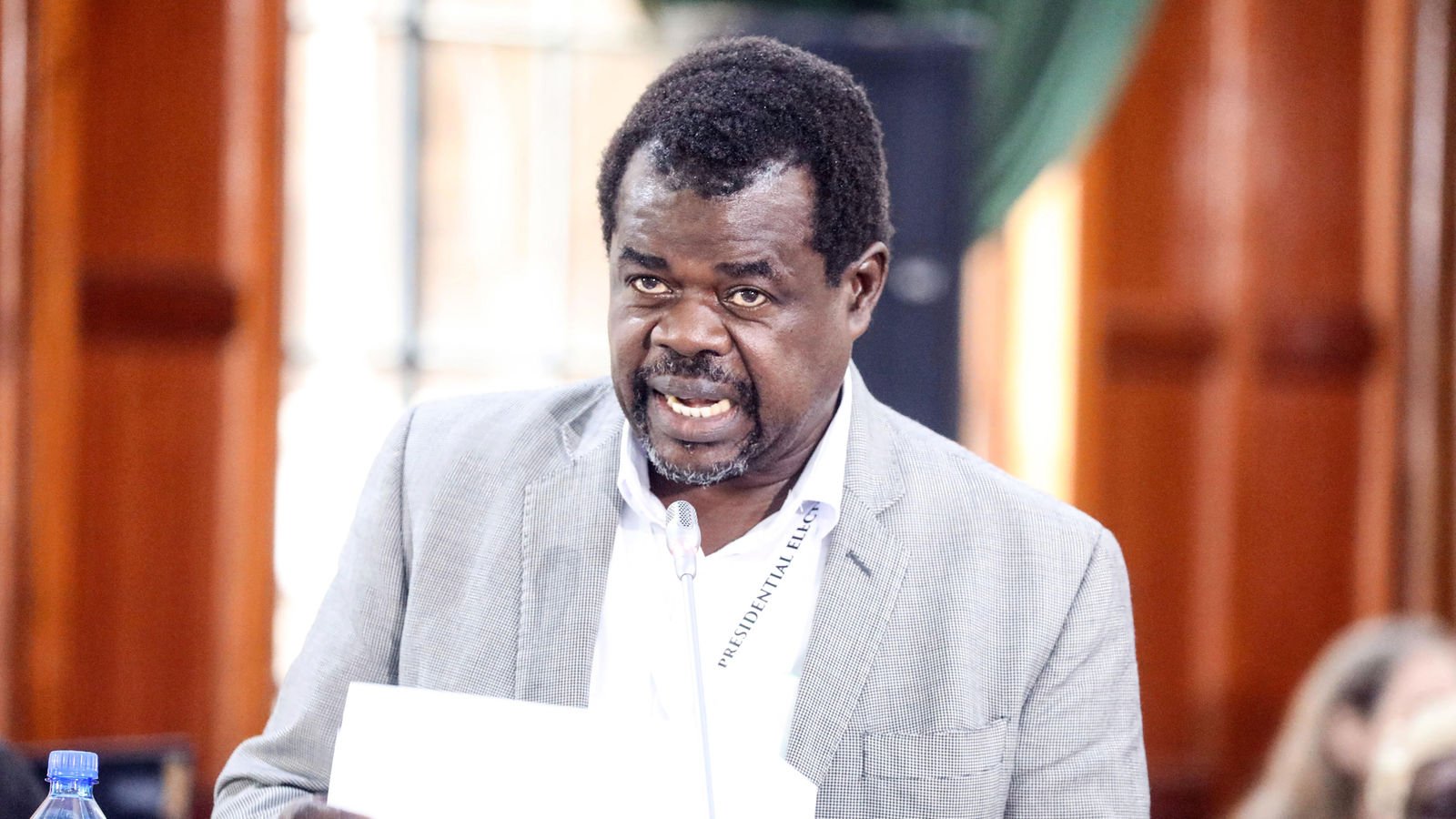
Omtatah criticised the government for constantly taking away huge parts of Kenyans’ hard earned incomes.
“If you take away income from the people, then it means there will be no enterprise. People will not be able to spend,” he said.
“We have a president who does not know what he is doing or if he knows, he is not patriotic.”
Last year, the President and his administration were in the eye of the storm following the introduction of several taxes at a time when Kenyans were facing tough economic times.
They include, the housing levy fund and the 16 per cent VAT on fuel products.
However, the taxes sailed through Parliament and courts okayed the implementation of the Finance Act.
Speaking on the new taxes, human rights defender Suba Churchill accused the government of acting against its pledge to protect vulnerable groups.
“If you introduce VAT on bread, then the people you are hurting are the unemployed. These are Kenyans who depend on a slice of bread and a cup of black tea,” he said.
“If you tax Mpesa transactions and airtime, who are you targeting? They are the very Mama mbogas (vegetable vendors) that the government swore to protect.”
Churchill said the government is ‘completely out of reality and touch’ with its people.
“The obsession of this regime with taxation is perhaps something that needs to be subjected to divine intervention. The President is a prayerful person. Maybe we need to pray for him to see sense,” he said.
Migori Senator Eddy Oketch said there is no ‘economic rationale’ behind the new taxes that the government plans to introduce.
According to the lawmakers, the government has succumbed to the demands by international lenders, especially the IMF (International Monetary Fund) to overtax Kenyans.
“The government has sold its soul to the IMF. These taxes are meant to please the IMF. They do not make any economic sense or rationale,” he said.
The lawmaker asked Kenyans to brave themselves for tax increases every year because of the government’s commitment to IMF on revenue collection.


